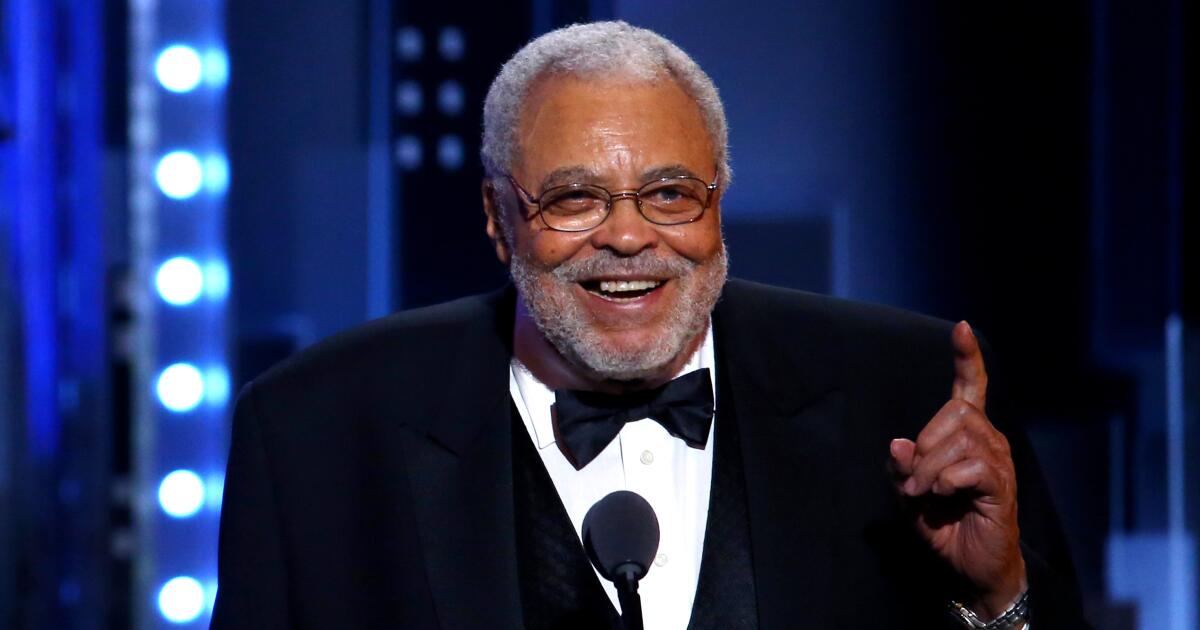Whether crossing the Atlantic to marry someone who’s not all that into it (“Catastrophe”), sacrificing body parts to the schemes of a femme fatale (“Bad Monkey”) or enabling a terminal cancer patient’s dominant desires (“Dying for Sex”), Rob Delaney’s become an expert at portraying men who’ll do just about anything for their women — or man crush, if you throw in his “Deadpool” appearances.
Delaney first came to prominence making jokes on Twitter back when it could still be funny. He was previously nominated for an Emmy for writing an episode of “Catastrophe” with co-creator and co-star Sharon Horgan. And now, with “Dying,” adapted from Nikki Boyer and the late Molly Kochan’s podcast about the latter’s end-of-life erotic adventures, he’s received his first acting nomination for playing Neighbor Guy opposite fellow nominees Michelle Williams and Jenny Slate. Delaney, who lives in England with his wife, Leah, and their three sons (a fourth child, Henry, died from a brain tumor at age 2½), spoke to The Times via video link while visiting his hometown of Marblehead, Mass.
Delaney in “Dying for Sex” as Neighbor Guy, who develops a kinky — and eventually quite intimate — relationship with Michelle Williams’ character.
(Sarah Shatz / FX)
Does Neighbor Guy have a proper name?
Not really. They thought about it and they just never gave him one. Unlike Nikki and Molly, Neighbor Guy is not one guy, he’s an amalgamation of people and also some people they wished that Molly might have met.
How would you describe him?
He starts off as a real guy with neuroses and problems and foibles. He goes through a mini-enlightenment with Molly, who is so focused on the present and cognizant that her time is limited. Neighbor Guy makes the great decision to go along for the ride of the way she’s living her life, and not to try to make it about him — and in so doing really benefits himself.
While their dominant/submissive games generate a lot of humor, Neighbor Guy’s not portrayed as a clown, as is the usual case for masochists in media.
The real heavy lifting there would have been done by [showrunners] Kim Rosenstock and Liz Meriwether, who wrote it. The intent for him was to start as a slovenly, annoying neighbor, but under Molly’s gaze transform into something more special, warmer and open. I was never worried about tone, the balance of humor, sadness, fear, anger and confusion.
But were you ever embarrassed?
Oh, sure. Masturbating with Molly on the other side of the wall and I’d catch a grip’s eye while grunting or whatever. It’d be, “Sorry you had to see that,” then we’d go eat bagels at the craft table together.
How was working with Michelle?
Everything you’d wish and more. She’s really a kind person and an incredibly curious and generous performer. And she’s very game for all the silly stuff, like making Neighbor Guy eat cake out of her hands. Styling each other’s hair with lube in her hospital bed was kind of both wacky and lovely. Kim and Liz provided us with a great variety of scenes for our characters to get to know each other, challenge each other and help each other.
Your sickroom lovemaking in the penultimate episode is like nothing I’ve seen before on television.
We spent close to a week in that hospital room. Emotional budgeting was required. I did a lot of crying during takes and in between takes. That’s the last stuff we shot together. By that time, I’d really gotten to know Molly the character and Michelle Williams the friend. So it was very difficult to watch her, at the height of her powers, dying.

(Adam Glanzman / For The Times)
What do your characters from “Catastrophe” to “Bad Monkey” to “Dying for Sex” have in common?
I’m glad that my three biggest TV roles have been men who are striving, bleeding, failing, bargaining with women, because that makes the best stuff to watch. A man’s going to work on a puzzle one way, a woman will another way. Work on it together, they can solve it. Or, alternately, kill each other. Either of those makes great TV.
How has your 19 years of marriage influenced this work, and vice versa?
“Catastrophe” felt more like the first decade of my marriage, which was very confusing, trying by hook or crook to shed bad habits that I had. Now I’ve endeavored to be like an old dog who can learn new tricks, so humility has been the watchword for my second decade of marriage.
You’ve coped with alcoholism, depression and catastrophic loss. Any lessons to impart?
I’m almost 50, and now at least know that everyone has seasons of difficulties. I would say that acknowledging those realities … I mean, it’s not bad to be an alcoholic if you acknowledge it, don’t drink and work through it. It’s true I’ve been through some things that I would not wish on others. But the older I get the less unique I feel, which is great because nobody’s unique.






